Conclavoscope - Cardinal Pierbattista Pizzaballa
Cardinal Profile and Assessment
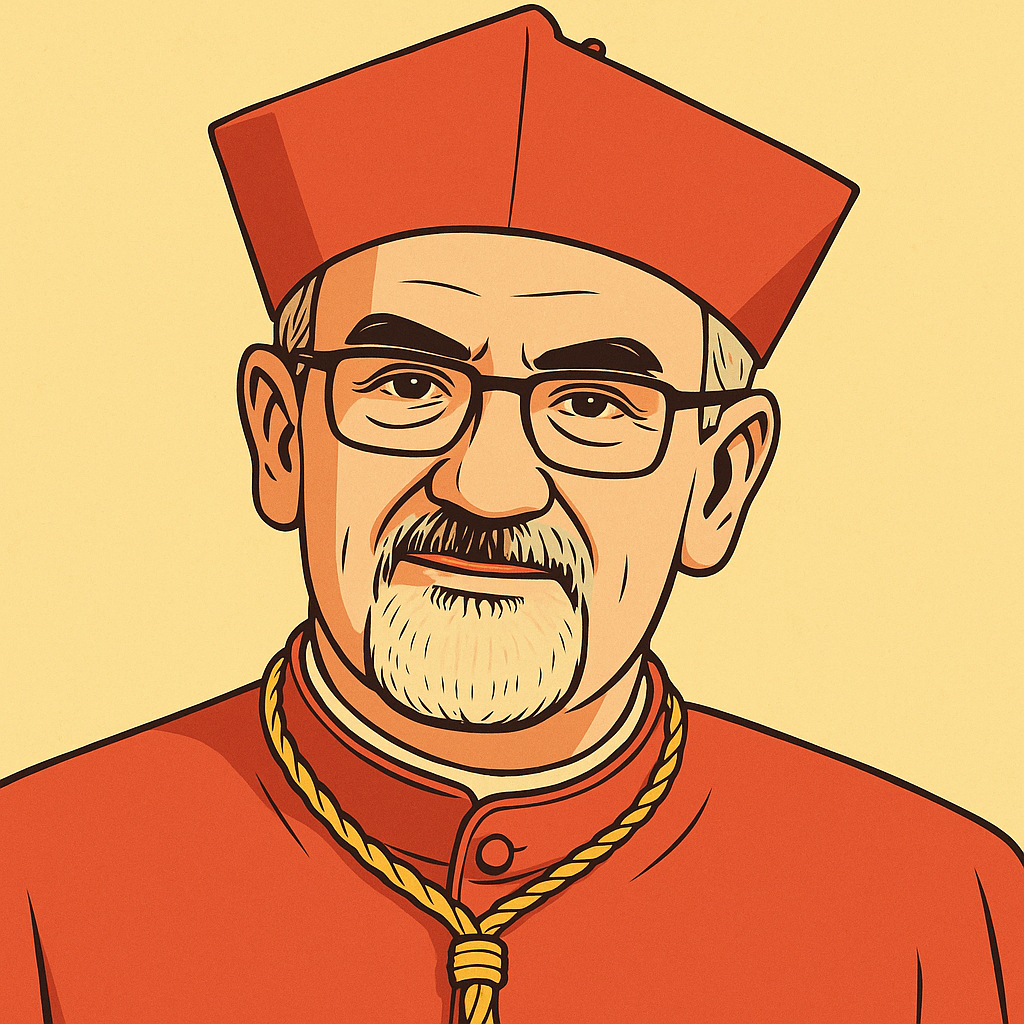
Italian cardinal, Latin Patriarch of Jerusalem, Franciscan, known for his expertise on the Middle East and his balanced leadership in a context of political and religious tensions.
| Criterion | Tendency |
|---|---|
| Moral doctrine | Conservative |
| Liturgy | Conservative |
| Sociopolitical | Moderately conservative |
| Relationship with Pope Francis | Moderately conservative |
| Dialogue | Moderately progressive |
| Communication | Progressive |
| Overall tendency | Moderately conservative |
Born on April 21, 1965, in Cologno al Serio, near Bergamo in Italy, Pierbattista Pizzaballa is a Franciscan who has dedicated most of his priestly life to the Holy Land. Ordained a priest in 1990 by Cardinal Giacomo Biffi, he joined the Franciscan Custody of the Holy Land in 1999, where he held various positions, including superior of the Convent of Saints Simeon and Anne in Jerusalem. (Pierbattista Pizzaballa)
In 2004, he was elected Custos of the Holy Land, a role he held until 2016. During this period, he distinguished himself through his efforts in interreligious dialogue and his commitment to peace. In 2016, he was appointed apostolic administrator of the Latin Patriarchate of Jerusalem, and then became its patriarch in 2020. He was created cardinal by Pope Francis in September 2023. (Pierbattista Pizzaballa)
Pizzaballa is perceived as a moderate, avoiding both progressive and conservative extremes. This neutrality could make him acceptable to various currents within the College of Cardinals. (Le nom des cardinaux 'papabile' qui reviennent le plus souvent)
Although he was created cardinal recently, his reputation as a mediator and his experience as Patriarch of Jerusalem give him a respected stature. His international profile and commitment to peace could appeal to a College of Cardinals wishing to unify the Church around values of dialogue and reconciliation. (Cardinal Pizzaballa's Meteoric Rise to 'Papabile')
Cardinal Pizzaballa upholds traditional Catholic moral teachings, particularly on issues like abortion and same-sex marriage. While he has not made extensive public statements on these topics, his alignment with Church doctrine and lack of advocacy for progressive reforms suggest a conservative stance.
Cardinal Pizzaballa supports traditional liturgical practices, including the Latin Mass. His familiarity with and welcoming attitude towards the Traditional Latin Mass indicate a conservative approach to liturgy.
Cardinal Pizzaballa is actively engaged in sociopolitical issues, particularly concerning peace and justice in the Holy Land. He emphasizes dialogue, human rights, and the Church's role in promoting social cohesion and addressing societal challenges.
Cardinal Pizzaballa maintains a collaborative relationship with Pope Francis. Appointed as Latin Patriarch of Jerusalem and later elevated to the cardinalate by Pope Francis, he supports the Pope's initiatives and shares his vision for the Church.
Cardinal Pizzaballa is a strong advocate for interreligious dialogue, particularly between Christians, Jews, and Muslims in the Holy Land. He emphasizes the importance of building bridges of understanding to promote peace and resolve conflicts.
Cardinal Pizzaballa is known for his effective communication, utilizing pastoral letters, homilies, and public statements to address both religious and societal issues. His leadership reflects a commitment to transparent and compassionate pastoral communication.
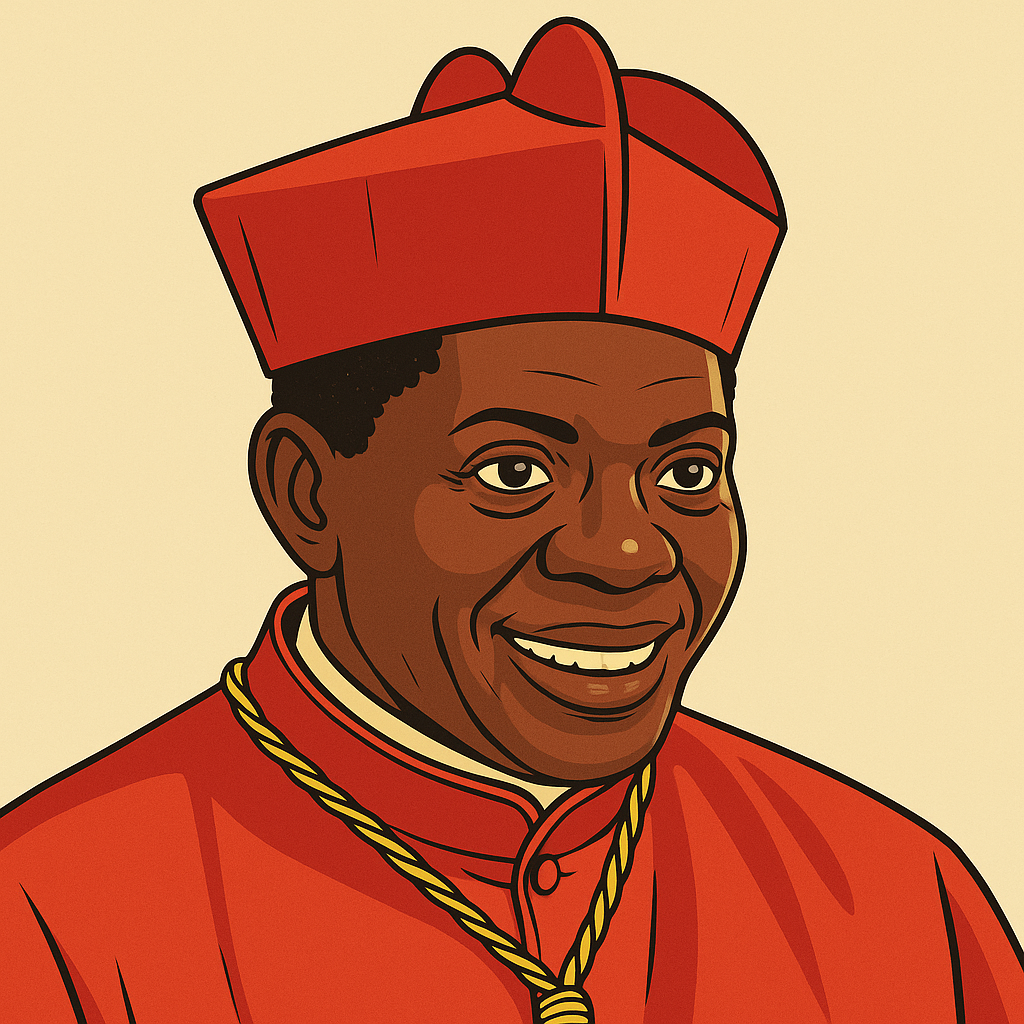
Tanzania
Tanzanian cardinal, Secretary of the Dicastery for Evangelization, known for his missionary expertise and balanced pastoral vision, combining doctrinal fidelity and cultural adaptation.
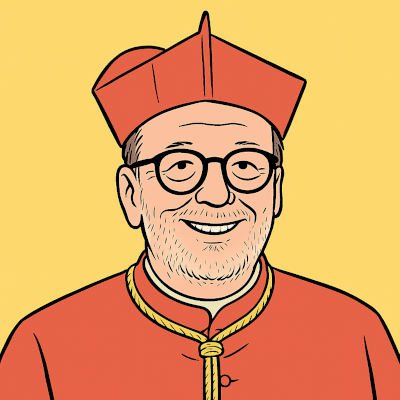
Italy
Italian cardinal, former apostolic nuncio, known for his diplomatic expertise and knowledge of Eastern Churches, combining liturgical tradition and openness to dialogue.
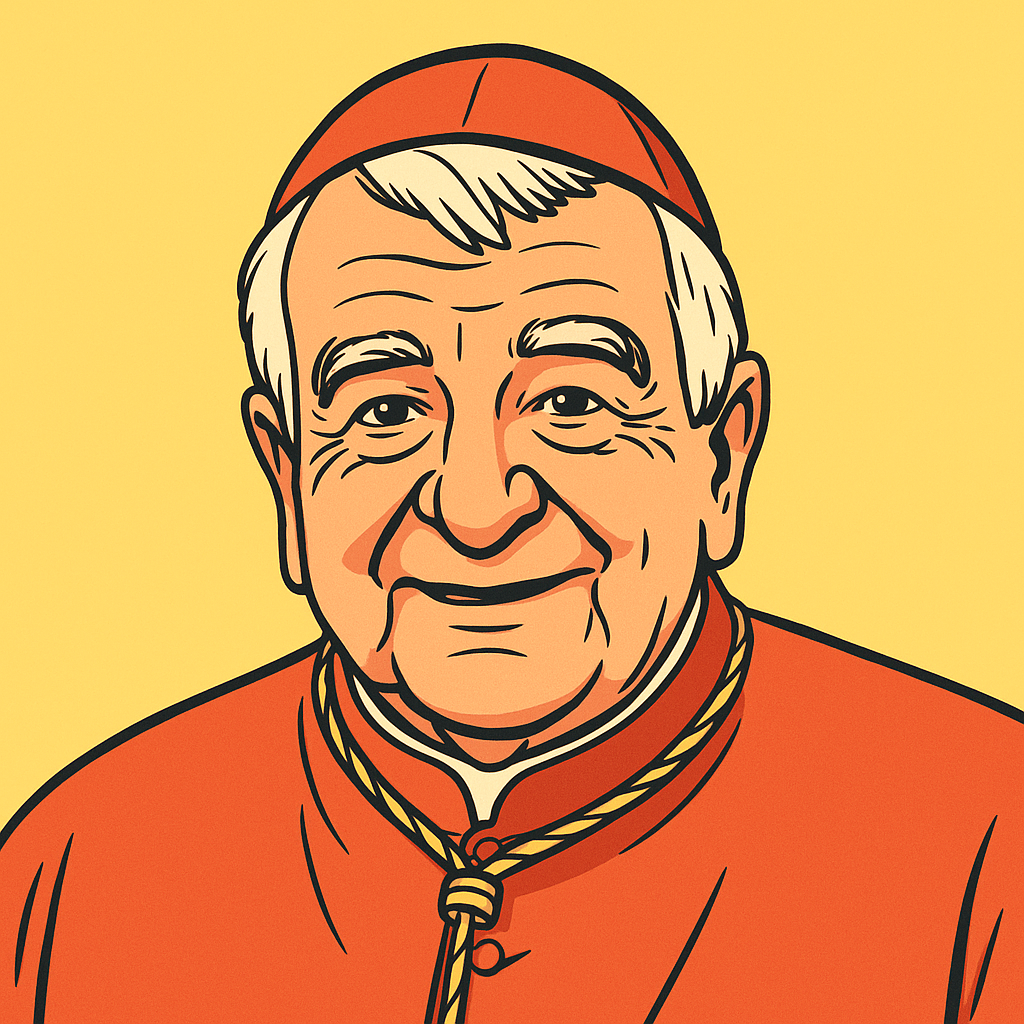
Switzerland
Swiss cardinal, apostolic nuncio, known for his diplomatic work and balanced approach between tradition and moderate openness.
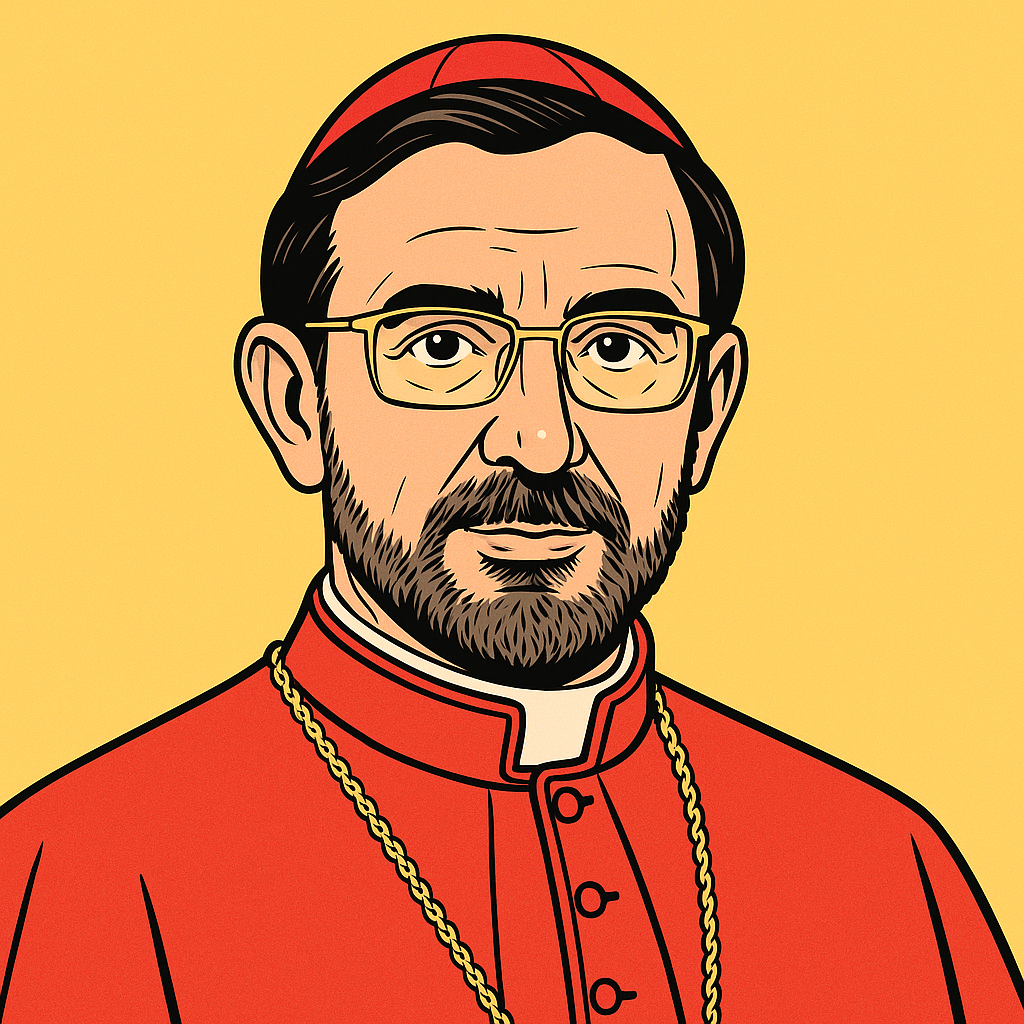
Spain
age: 60
Spanish cardinal, Archbishop of Madrid, known for his pastoral commitment in working-class neighborhoods and his approach of openness, while maintaining respect for tradition.

Italy
age: 60
Italian cardinal, Archpriest of St. Peter's Basilica and Vicar of the Pope for Vatican City, Franciscan, known for his balanced approach between tradition and renewed pastoral care.
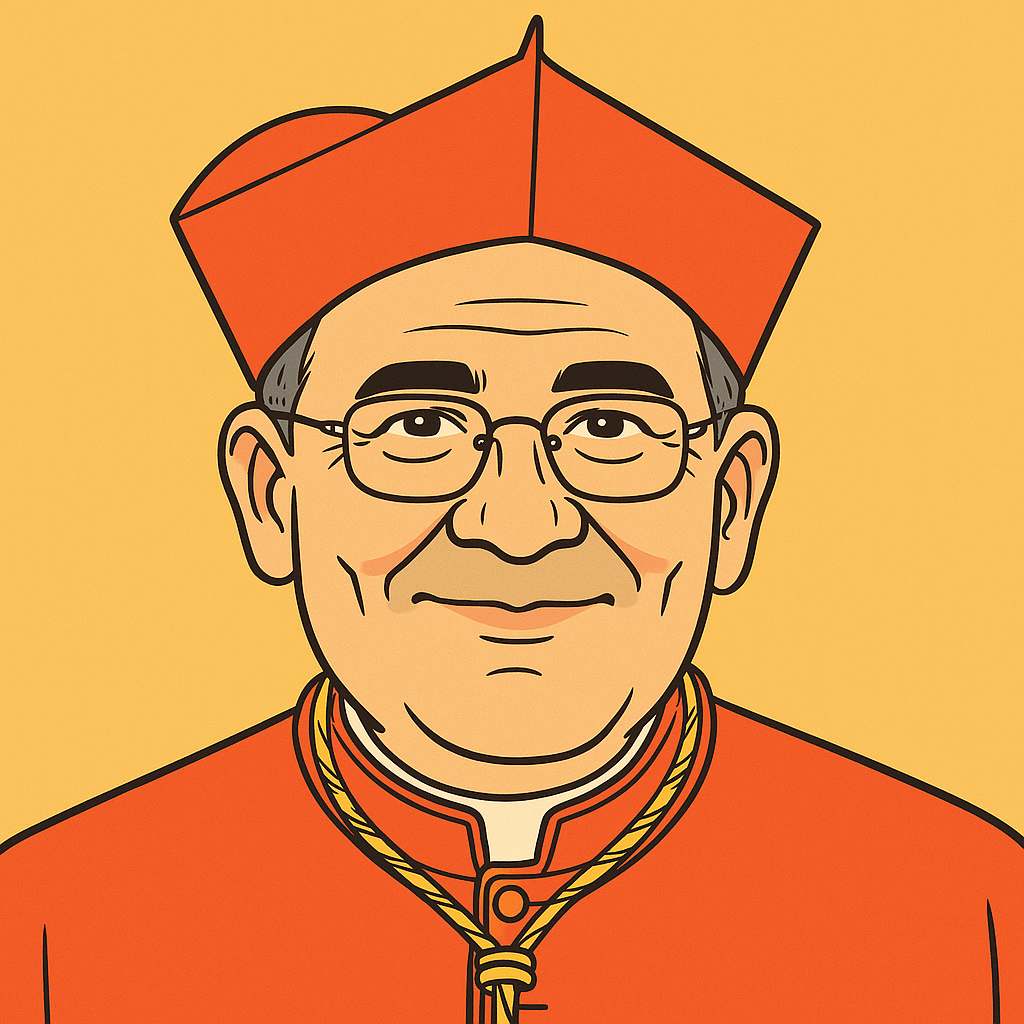
Portugal
age: 60
Portuguese cardinal, Prefect of the Dicastery for Culture and Education, poet and intellectual, known for his openness to dialogue with contemporary culture and his renewed pastoral vision.
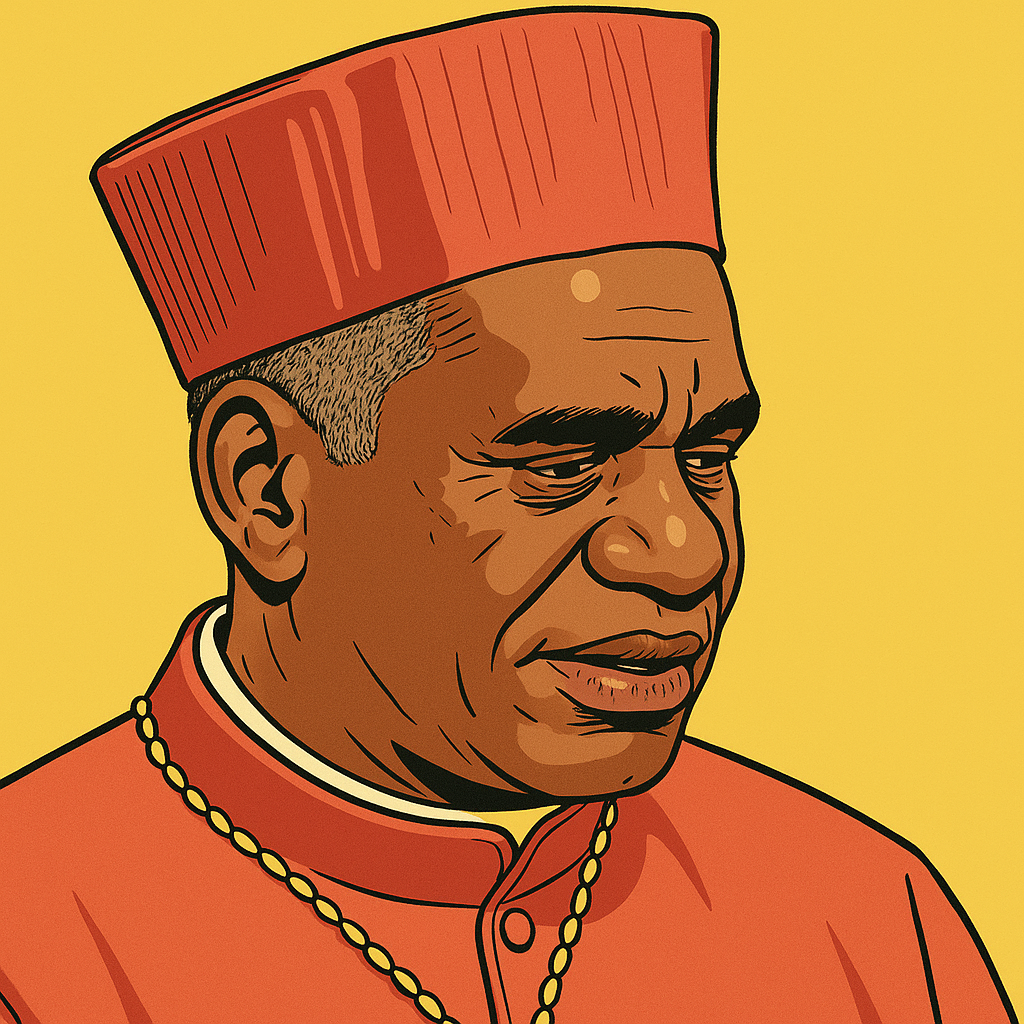
Madagascar
Malagasy cardinal, known for his traditionalist positions, his attachment to classical liturgy, and his vigorous defense of Catholic moral doctrine.

Myanmar
Burmese cardinal, the first from his country, known for his commitment to peace and reconciliation, combining respect for tradition and interreligious dialogue.
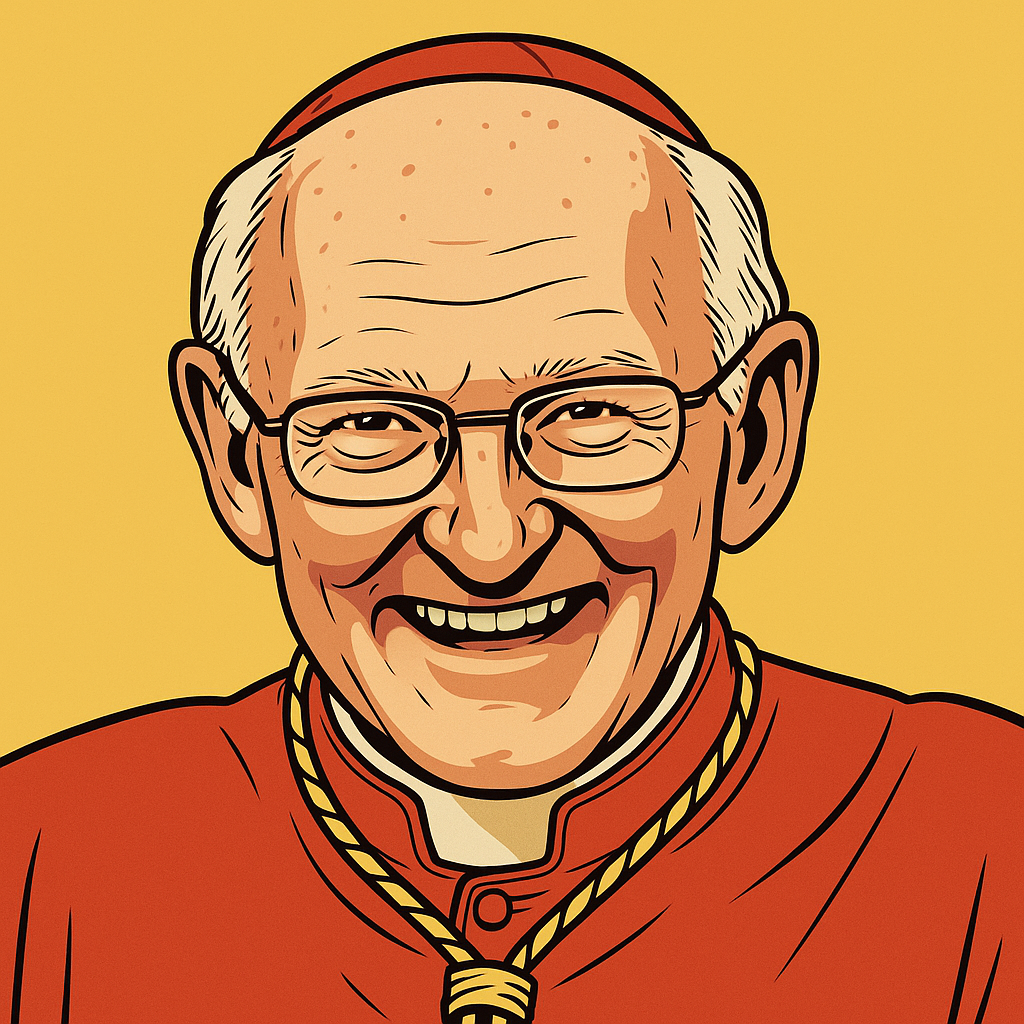
United States
American cardinal, Archpriest of the Basilica of Saint Paul Outside the Walls, former Prefect of the Papal Household, known for his conservative positions and administrative experience at the Vatican.

Germany
German cardinal, former prefect of the Congregation for the Doctrine of the Faith, known for his very conservative positions and vigorous defense of traditional doctrine.
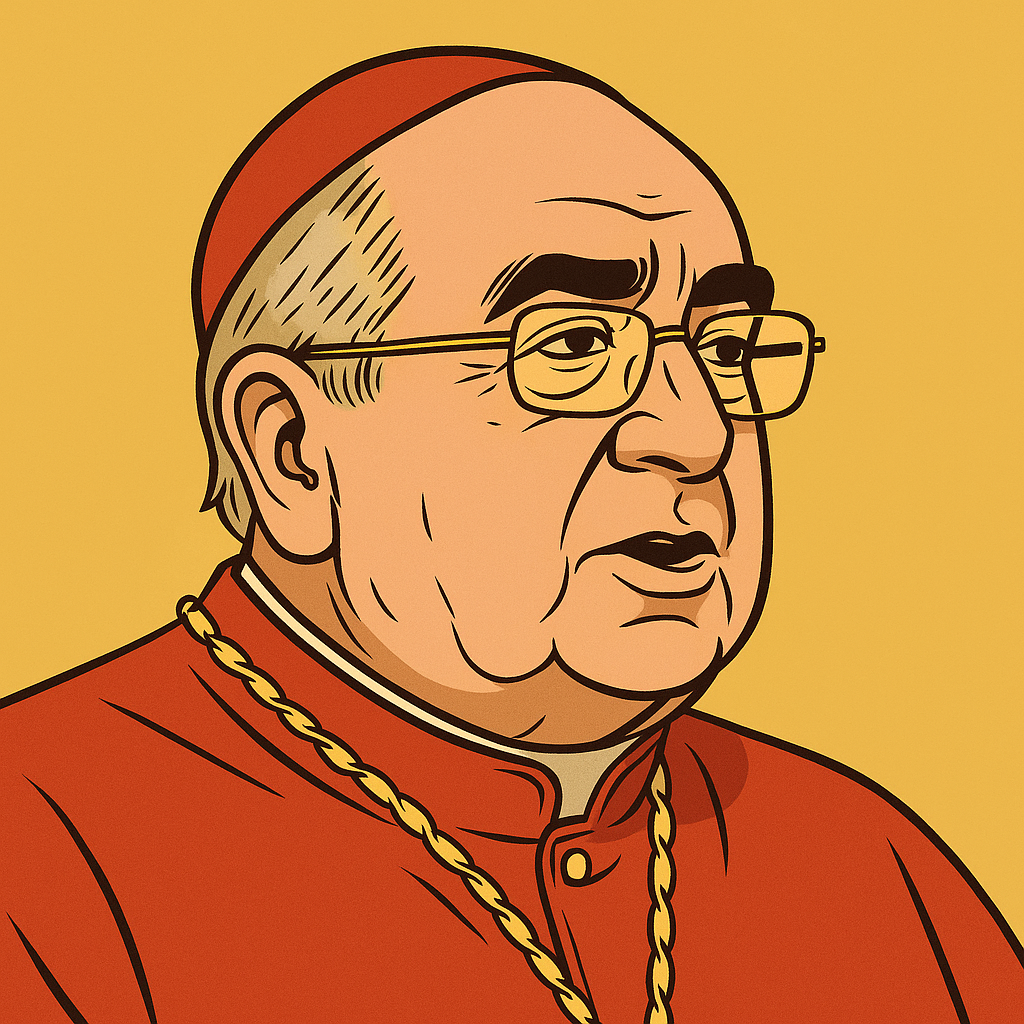
Poland
Polish cardinal, Archpriest of the Basilica of Saint Mary Major, known for his conservative positions and experience in lay ministry, in the tradition of John Paul II.
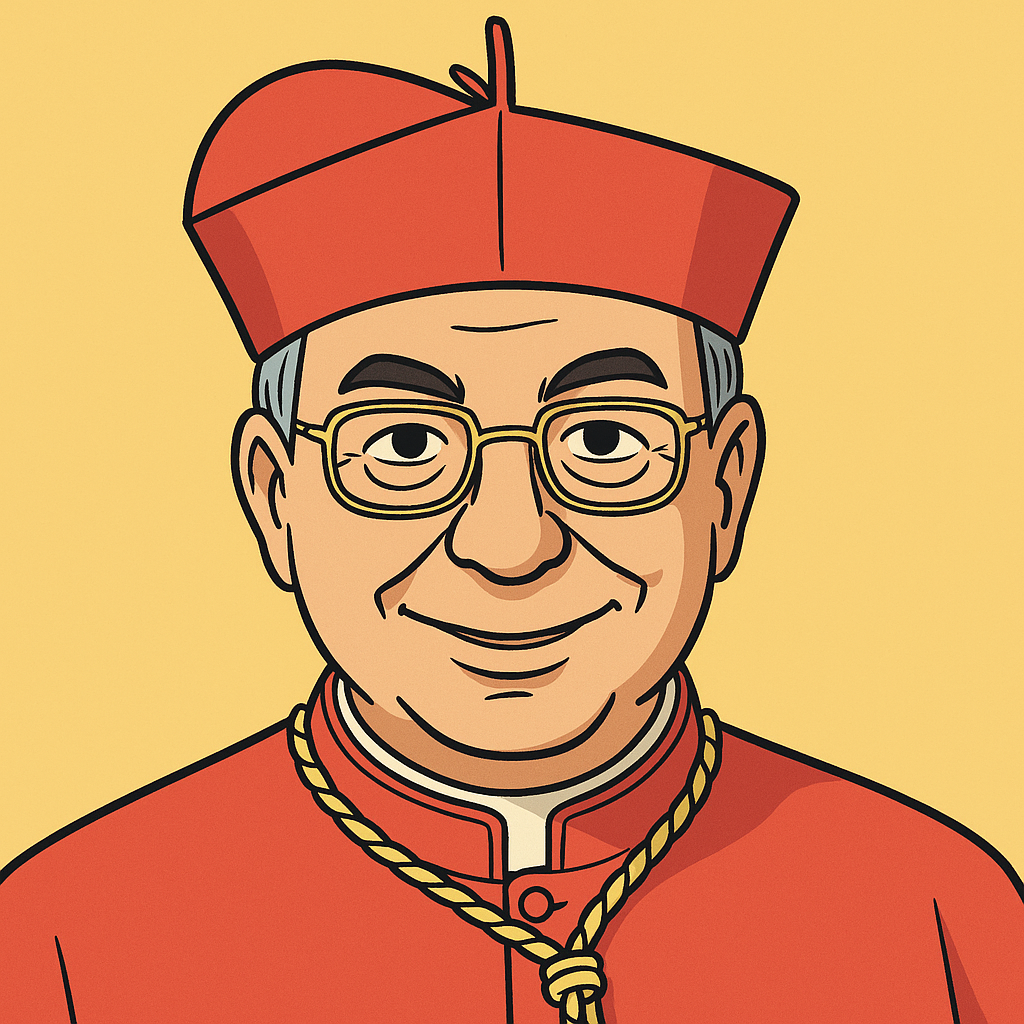
France
French cardinal, Prefect of the Supreme Tribunal of the Apostolic Signatura, known for his legal expertise and traditional doctrinal positions.
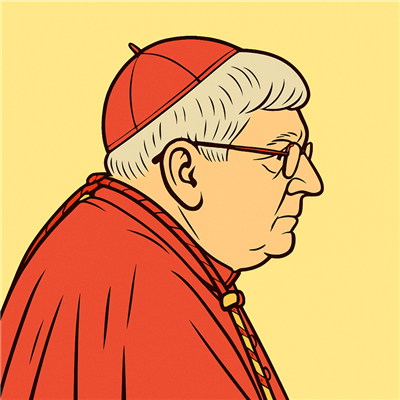
Canada
Canadian cardinal, Archbishop Emeritus of Toronto, known for his conservative positions on issues of moral doctrine and his commitment to defending religious freedom.
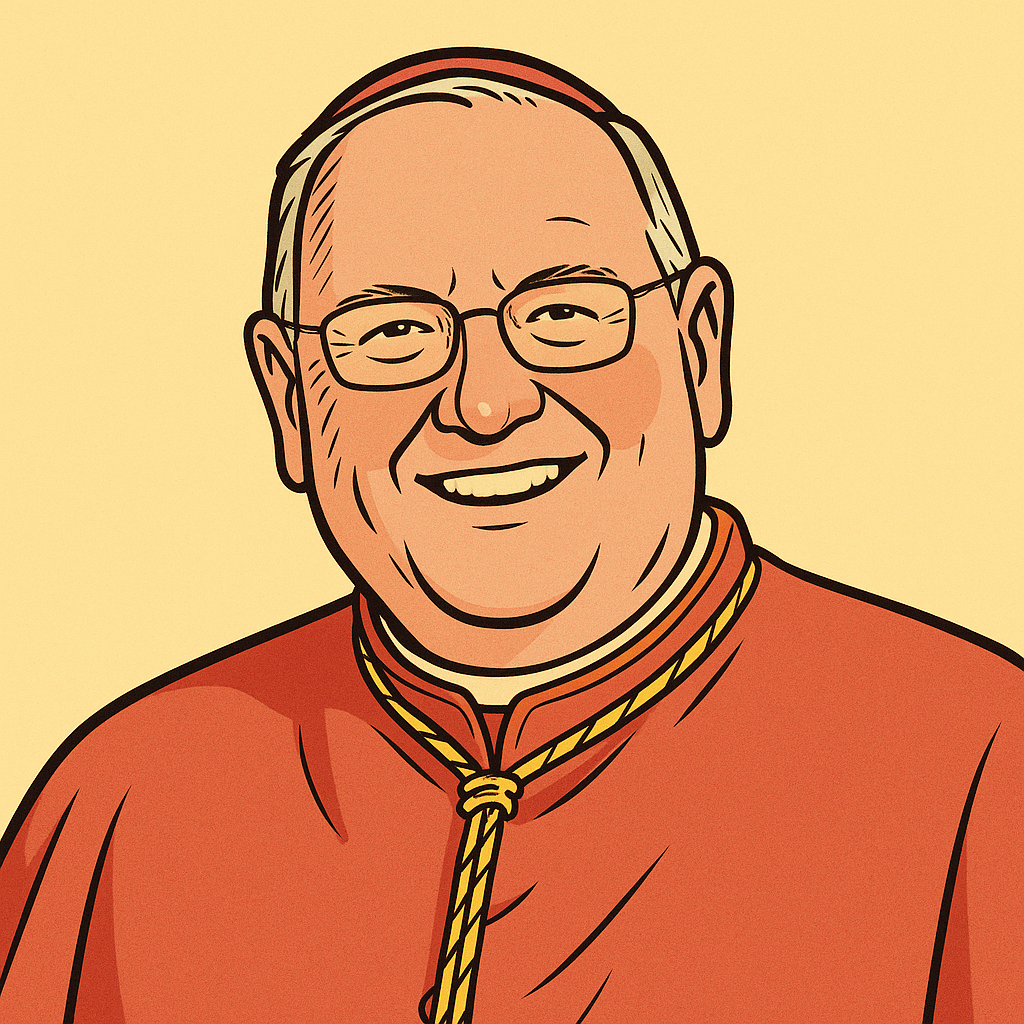
United States
American cardinal, Archbishop of New York, known for his media charisma and balanced leadership, combining social commitment and defense of Catholic tradition and moral values.

Switzerland
Swiss cardinal, president of the Dicastery for Promoting Christian Unity, known for his theological expertise and ecumenical commitment, with a moderately conservative doctrinal position.

Canada
Canadian cardinal, Archbishop Emeritus of Toronto, known for his conservative positions on issues of moral doctrine and his commitment to defending religious freedom.
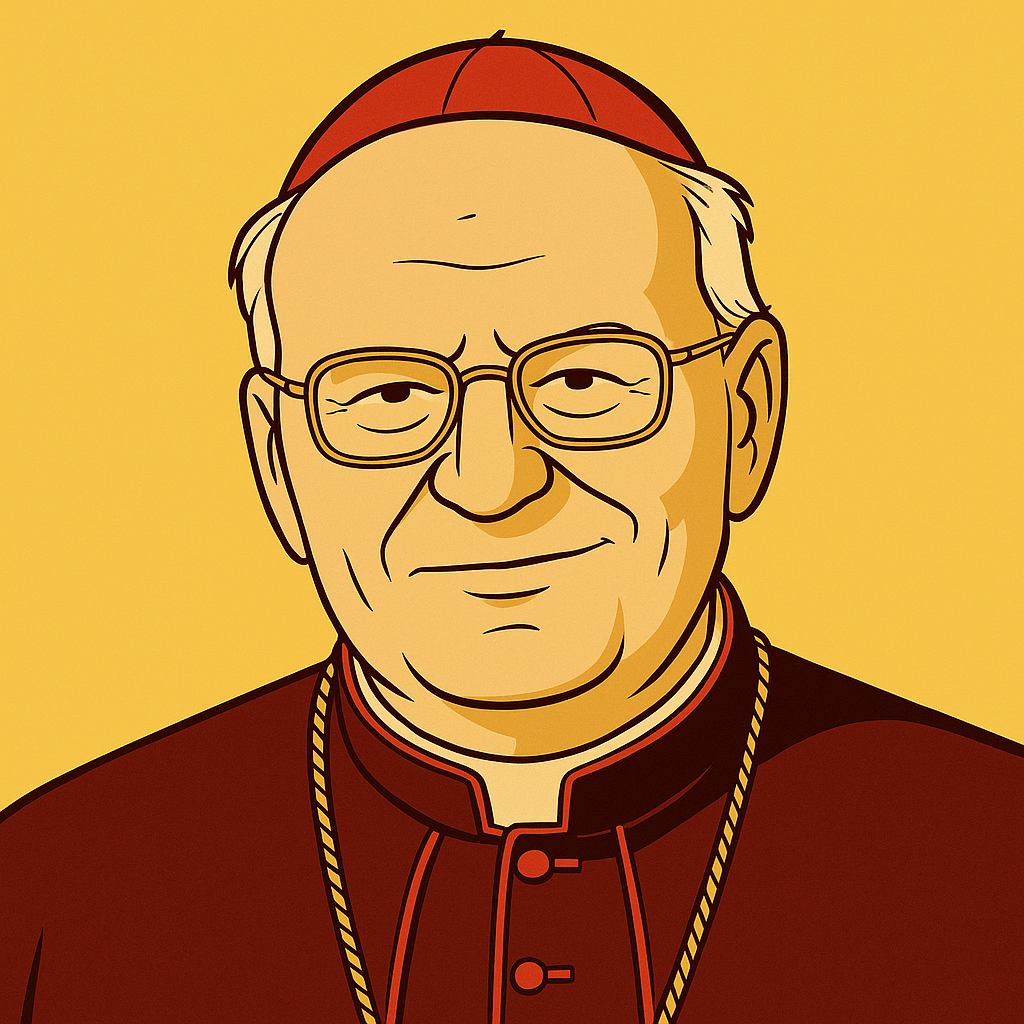
Hungary
Hungarian cardinal, Archbishop of Esztergom-Budapest, renowned canonist, known for his conservative doctrinal positions and his influential role in the Church of Central Europe.

United States
American cardinal, Archbishop of New York, known for his media charisma and balanced leadership, combining social commitment and defense of Catholic tradition and moral values.
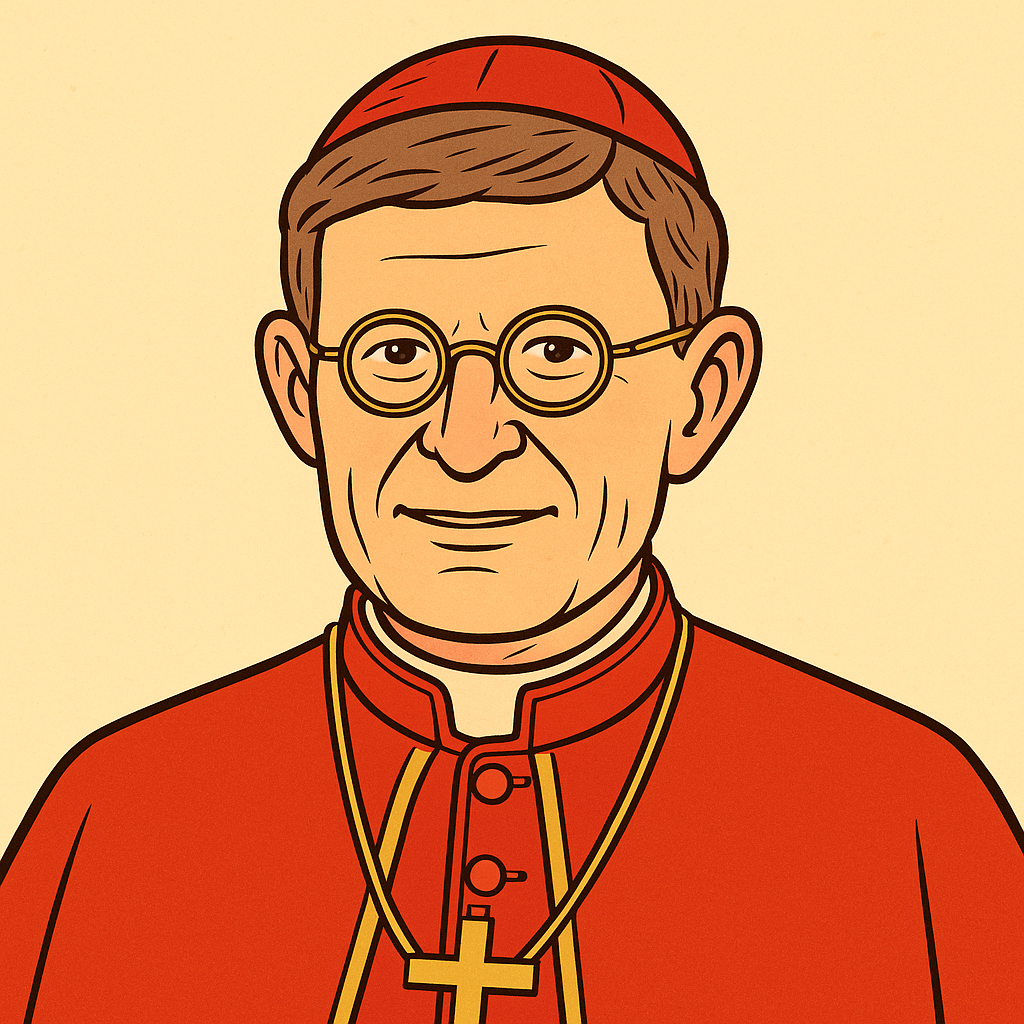
Germany
German cardinal, Archbishop of Cologne, known for his conservative positions and controversial leadership, particularly in handling sexual abuse and his opposition to certain reforms.

Myanmar
Burmese cardinal, the first from his country, known for his commitment to peace and reconciliation, combining respect for tradition and interreligious dialogue.
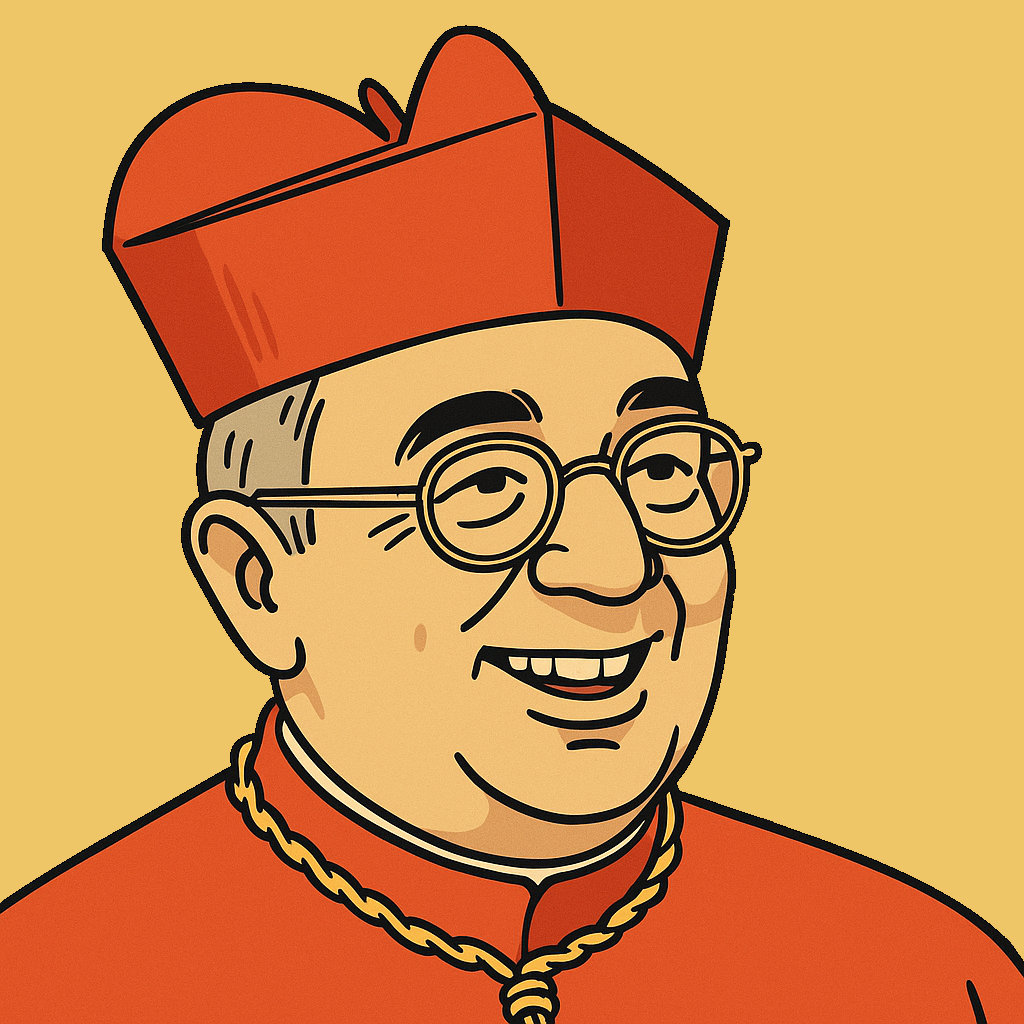
Italy
Italian cardinal, former vicar general of the pope for the diocese of Rome, known for his balance between liturgical tradition and moderate pastoral openness.
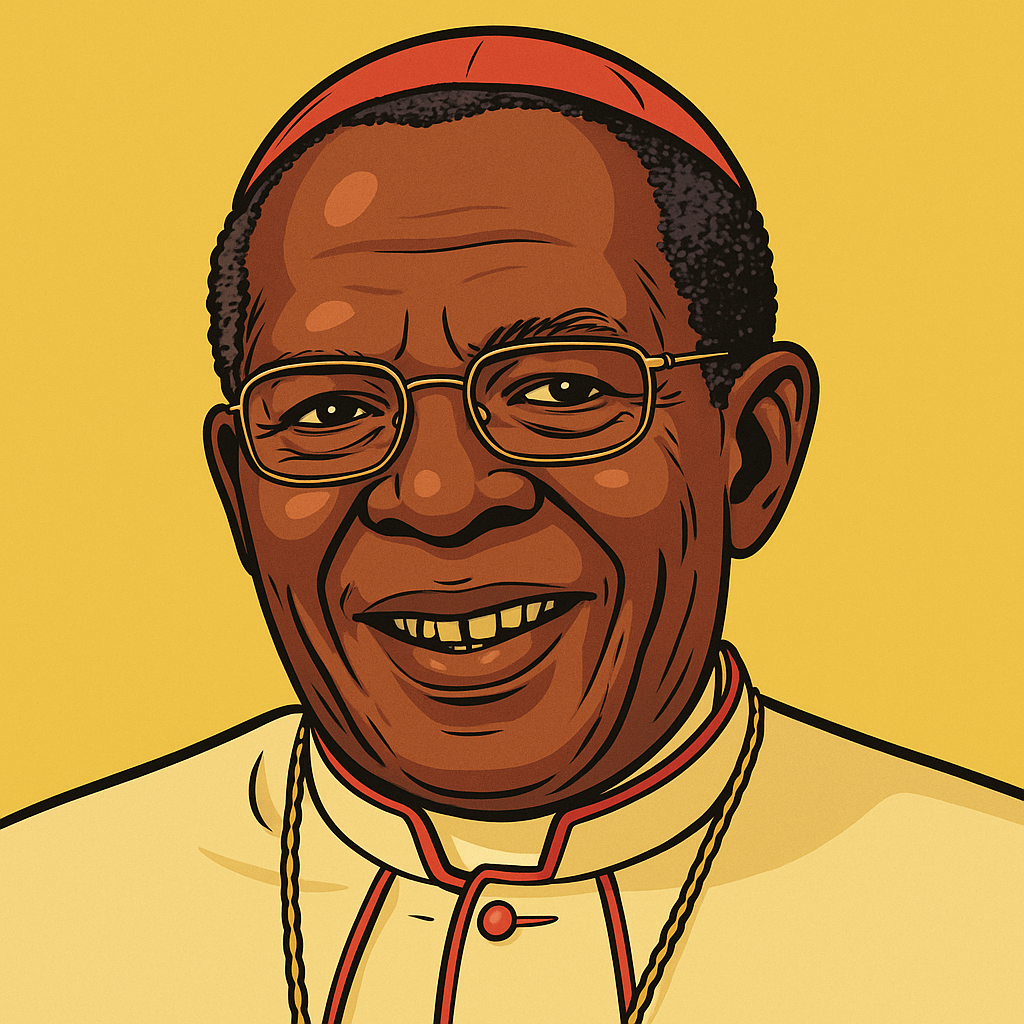
Kenya
Kenyan cardinal, Archbishop Emeritus of Nairobi, known for his conservative positions on moral issues and his leadership in the growing African Church.
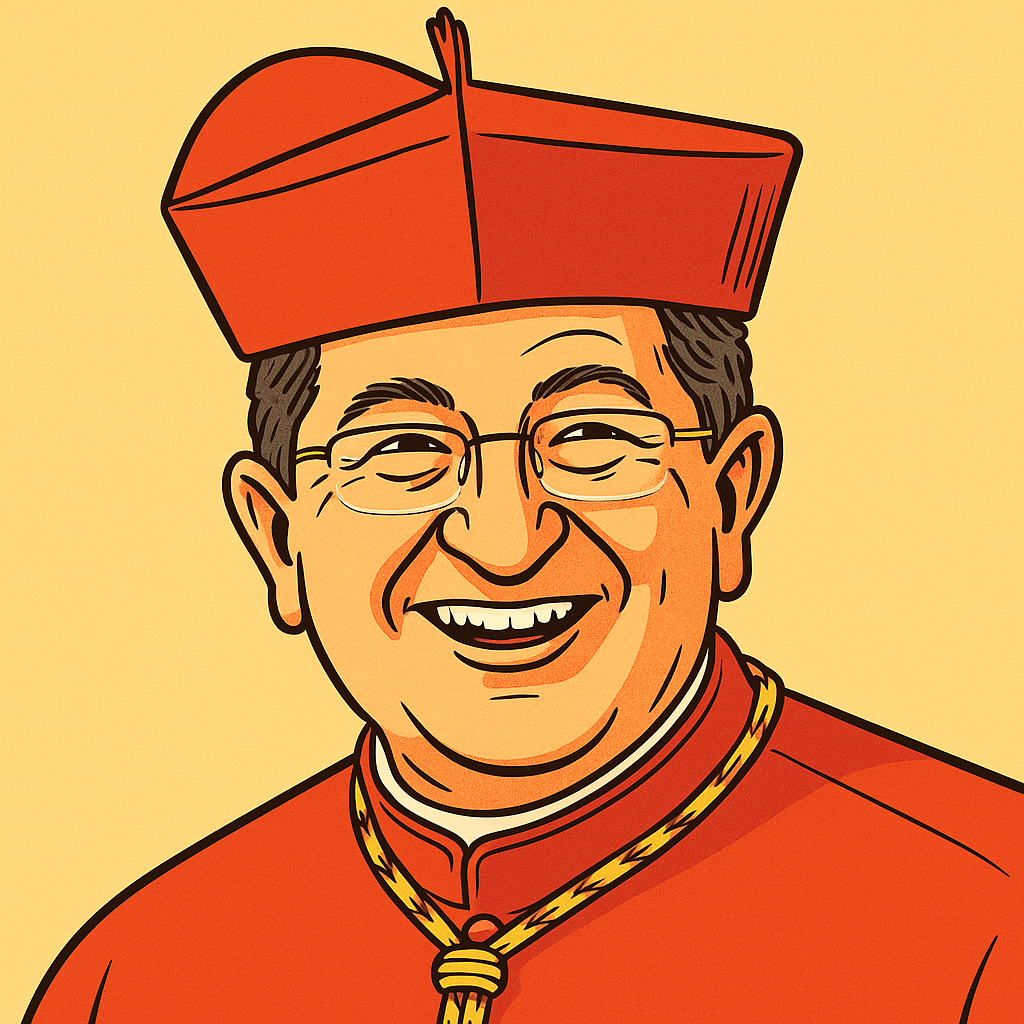
Italy
Italian cardinal, Archbishop of Florence, known for his conservative doctrinal positions and intellectual work, while remaining engaged in pastoral dialogue.
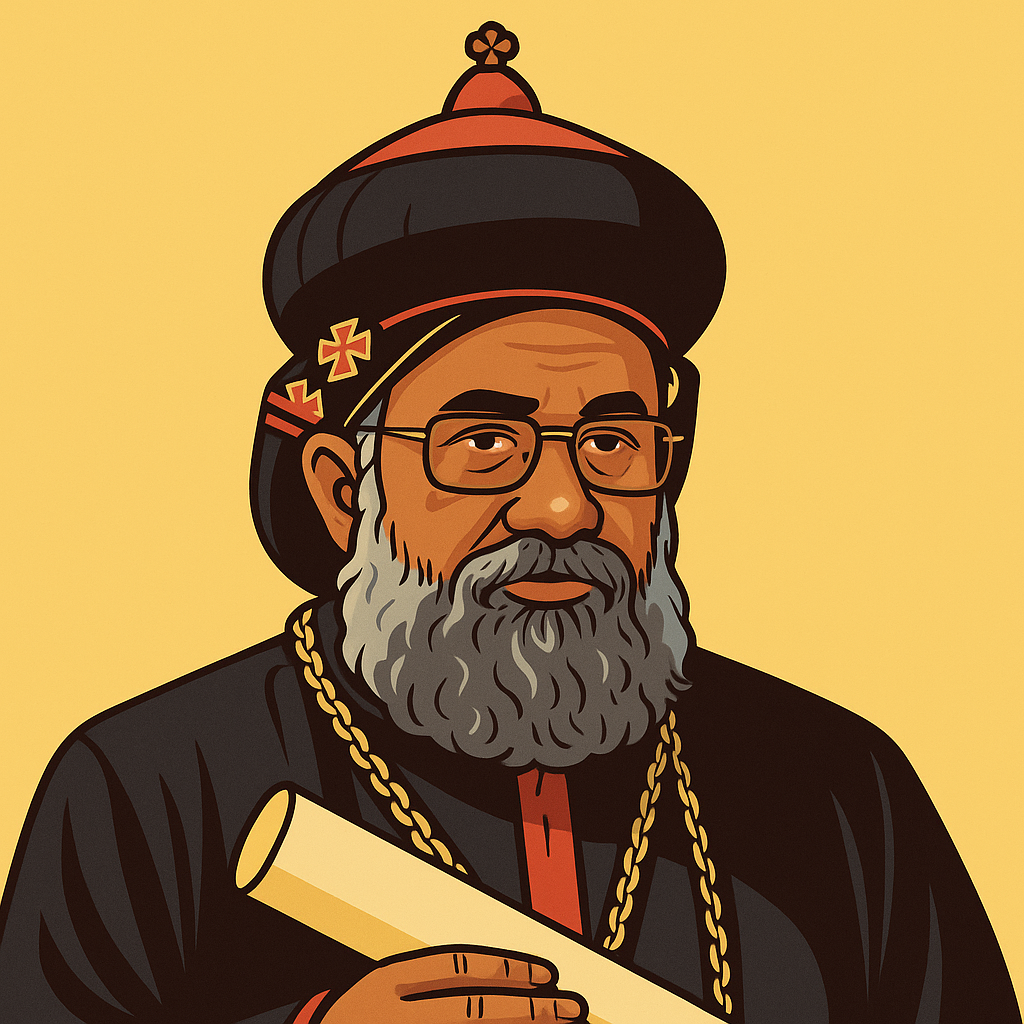
India
Indian cardinal of Syro-Malankara rite, known for his attachment to the Eastern traditions of the Church and his defense of traditional moral doctrine.